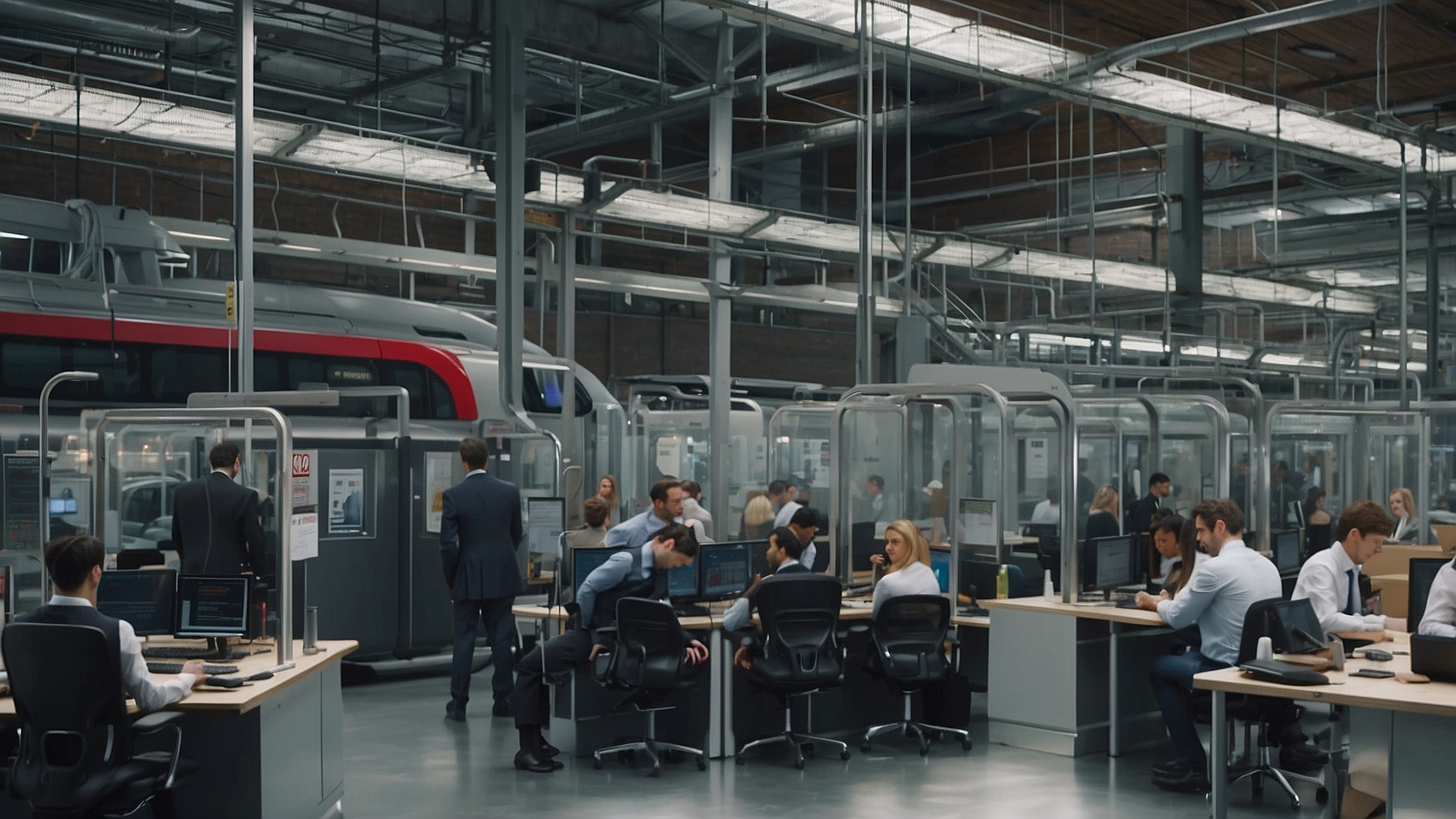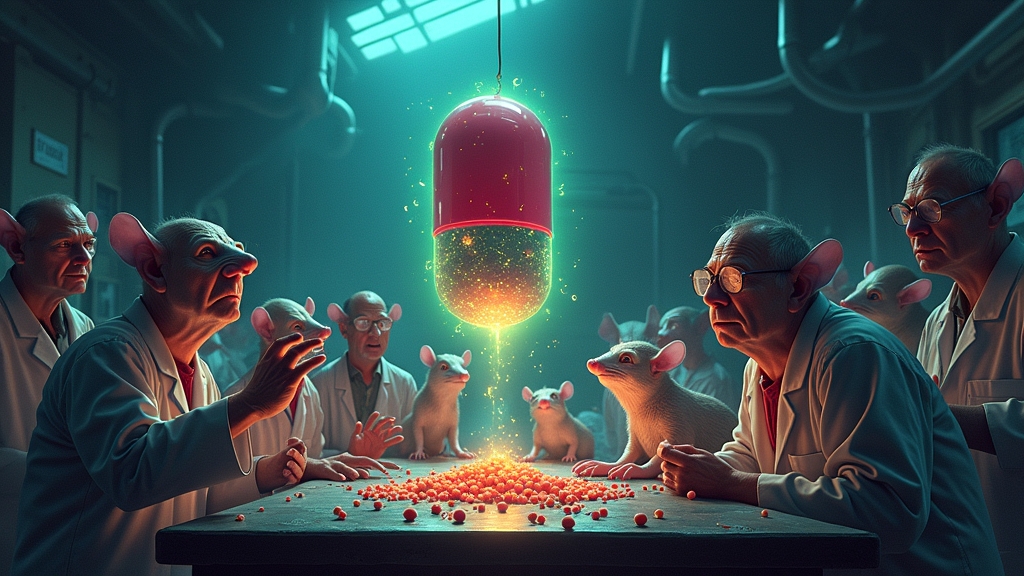In a groundbreaking move demonstrating its commitment to the fine art of overthinking, Europe has proudly announced the establishment of seven cutting-edge AI factories. These state-of-the-art edifices—determined through an intricate process that presumably involved 27 different types of PowerPoint presentations, several intense rounds of rock-paper-scissors, and a magic eight-ball—will be mercifully distributed across Finland, Germany, Greece, Italy, Luxembourg, Spain, and Sweden.
“This initiative marks a monumental step toward ensuring that robots can complain about the weather in multiple languages,” proclaimed Jean-Claude Bureaucratiste, a senior official at the EU Department of Technological Buzzwords. “We’re thrilled to see that our foresight in spreading these facilities like Nutella on a slice of continent will undoubtedly lead Europe into a future where AI contemplates whether espresso is truly a human right.”
Each AI factory will dedicate itself to the rigorous training of artificial intelligence systems to tackle critical European issues, such as the precise trajectory of a soccer ball avoiding the goals or interpreting whether a shrug from a Parisian actually means yes, no, or if they’ve just zoned out. Researchers are eager to tap into the wealth of data uniquely generated by the diverse cultures of Europe, such as crafting algorithms that understand the delicate balance between German efficiency and Italian “la dolce vita.”
“It’s about time machines started doing the hard work of waving hands frantically while explaining things like a proper Mediterranean,” said Maria Technotakis, an AI researcher from the soon-to-be bustling facility in Greece, her voice tinged with a blend of wisdom and the scent of olive oil. “These factories will churn out machines with the personality of a chatty taxi driver and the empathy of a Swedish counselor.”
Critics, of course, have raised concerns over potential existential crises amongst AI systems once they realize they’ve been programmed to prioritize paella recipes over hard-hitting solutions to world hunger. However, the optimism is high, particularly in Luxembourg, where officials are ecstatic at the prospect of quadrupling the number of interesting things to talk about in their next tourism brochure.
As Europe forges ahead with its pioneering AI quarries, one thing is clear: the continent is eagerly leading the charge toward a future where highly intelligent robots will be perfectly equipped to frolic through fields of wild poppies, expertly ignoring all attempts at meaningful small talk. In some corners, whispers are already heard about the next phase of technology—AI factories that can manufacture other AI factories. Clearly, the possibilities are as infinite as they are bewildering.




